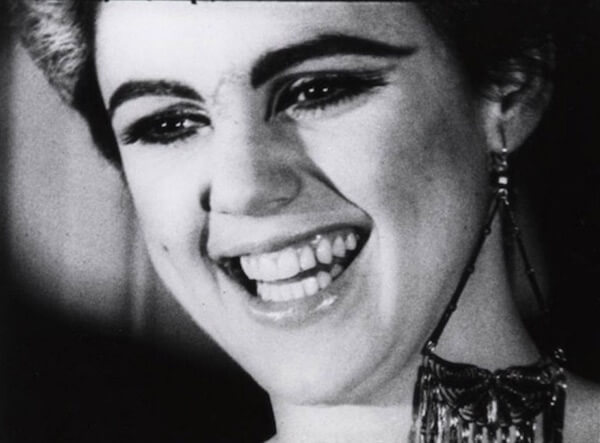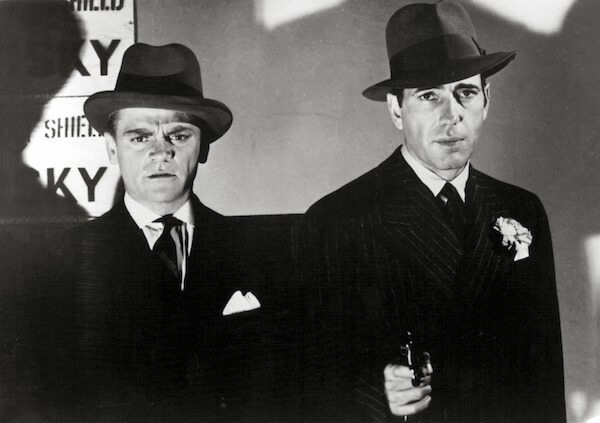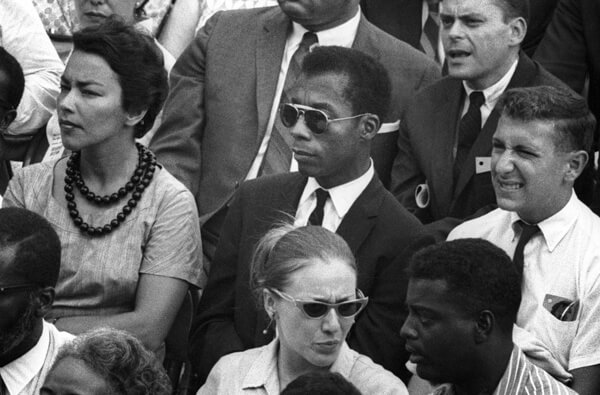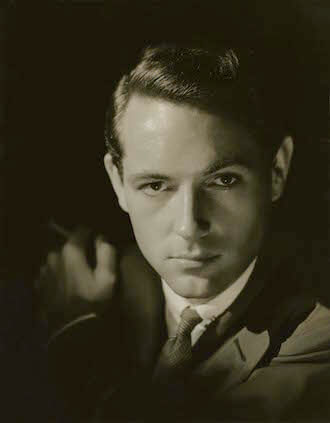Christina Crawford in “Surviving Mommie Dearest.” | TYLER GOMES
“Surviving Mommie Dearest,” starring none other than Christina Crawford herself — that’s right, the abused adopted daughter of Hollywood megastar Joan — is billed as “an empowering and inspirational new production,” limited to only five performances Off Broadway, that includes a film documentary about her healing the wounds of a tortured childhood.
Not quite. This is no theatrical production. It’s really a documentary screening hosted by the estimable Crawford, who is somewhat stiff until the post-show Q&A, where she comes to life cracking jokes, tossing off acerbic pearls of wisdom, and proving why she is a true survivor.
Presented at the Snapple Theater Center, it appears they simply took over the stage of another production and set up a little movie screen, like the kind you had in grade school. The lack of direction was only surpassed by the lack of production values. Definitely one of the more surreal events I’ve witnessed in a New York theater in a while.
Christina Crawford returns, with a story about the aftermath
Written and directed by Crawford herself (Jerry Rosenberg co-directed), the film has picked up awards on the festival circuit and seems raw and incomplete, but it’s mesmerizing nonetheless.
We see forgotten 1940s home movies of lavish birthday parties staged by Joan more for the consumption of the press than for the kiddies, who appear strangely sullen. Among the many horrors, we learn that Crawford and her adopted mail-order siblings were plucked from school without warning. She landed in a jail-like institution with no possessions, phone, or letter-writing privileges. Later, attempts at launching her own acting career were repeatedly thwarted by her jealous mother.
Crawford has kept busy since writing her infamous “Mommie Dearest” tell-all in 1978 (which spawned the camp classic movie starring Faye Dunaway), moving to the wilds of Idaho, opening a country inn, and dedicating her life to children’s advocacy.
Perhaps it’s the category-defying, exquisite contradictions that make the evening so oddly fascinating — somewhere between a “Where Are They Now?” exposé and a self-help seminar. The tale, presented without irony, is as tragic as it gets, yet has an air of Tinseltown melodrama that occasionally elicited bursts of laughter from the savvy New York audience (Jackie Hoffman and Michael Musto were there the night I attended). I forgot to mention the film’s cheesy subtitle: “Tears to Triumph.”
If, as Crawford insists, the past is ancient history and it’s the present that truly matters, and if, after years of therapy she has banished her old demons, then why did she create this documentary and leave her comfy ranch in Idaho to present it live in New York?
If you go to this peculiar “show” — and if you loved “Mommie Dearest,” I recommend that you do so — be sure to ask that question.



































